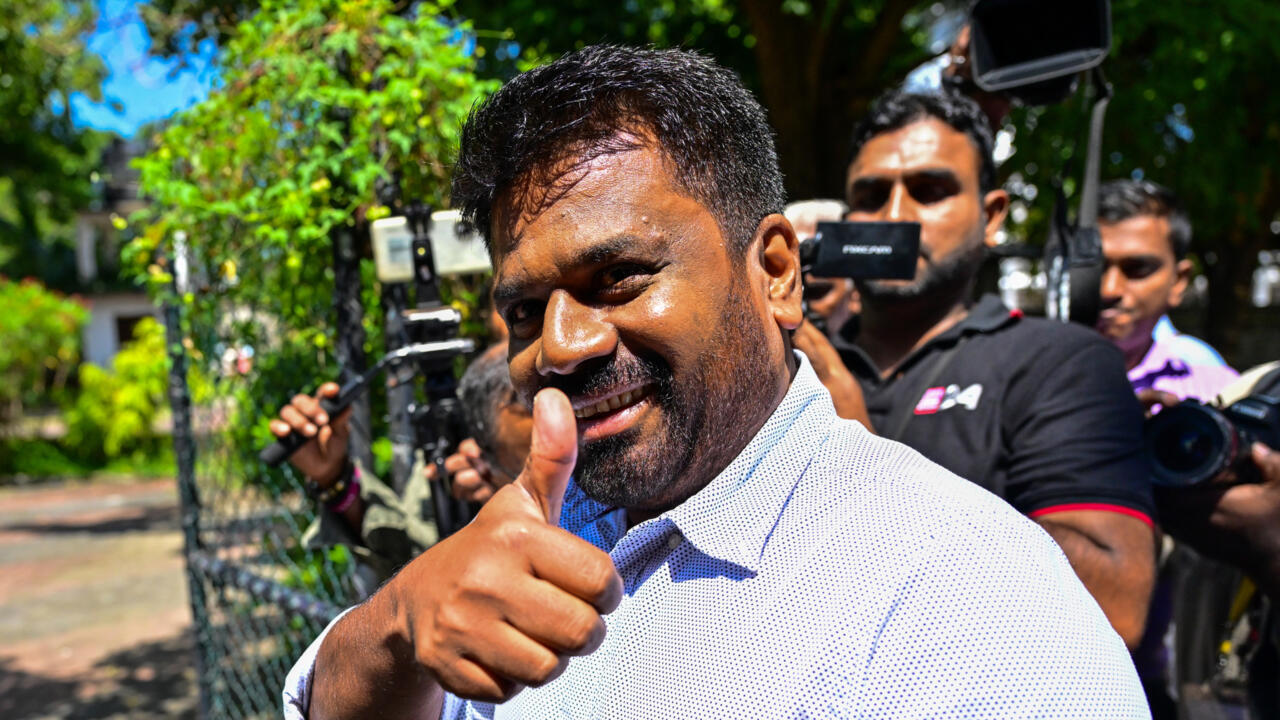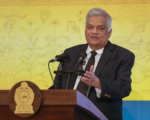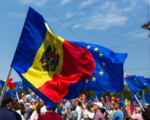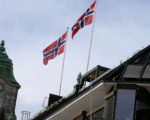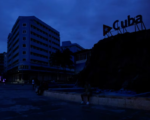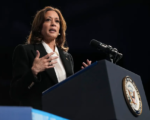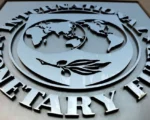On Sunday, Sri Lankans elected Marxist-leaning politician Anura Kumara Dissanayake as their new president, placing their trust in his pledge to combat corruption and revitalize the economy following the nation’s worst financial crisis in decades. Dissanayake, 55, who lacks the political pedigree of some of his opponents, led throughout the vote count, ousting incumbent President Ranil Wickremesinghe and opposition leader Sajith Premadasa.
“We believe that we can turn this country around, build a stable government, and move forward. For me, this is not just a position; it’s a responsibility,” Dissanayake said after his victory, which was confirmed after a second tally of votes. He garnered 42.3% of the votes, or 5.6 million ballots, a significant surge compared to the 3% he received in the 2019 election. Premadasa finished second with 32.8%, while Wickremesinghe came in third with 17%.
This election was a referendum on Wickremesinghe, who led Sri Lanka through its fragile economic recovery. However, his austerity measures, a cornerstone of the recovery tied to a $2.9 billion International Monetary Fund (IMF) bailout, angered many voters. Wickremesinghe conceded defeat graciously, stating, “Mr. President, here I hand over to you with much love the dear child called Sri Lanka, whom we both love very dearly.”
The election marked the first time in Sri Lanka’s history that a second tally of votes determined the winner, after no candidate secured the mandatory 50% of votes in the first round. Voters cast three preferential votes, and if no candidate wins outright, a second count between the top two candidates decides the outcome. About 75% of Sri Lanka’s 17 million eligible voters participated in the election.
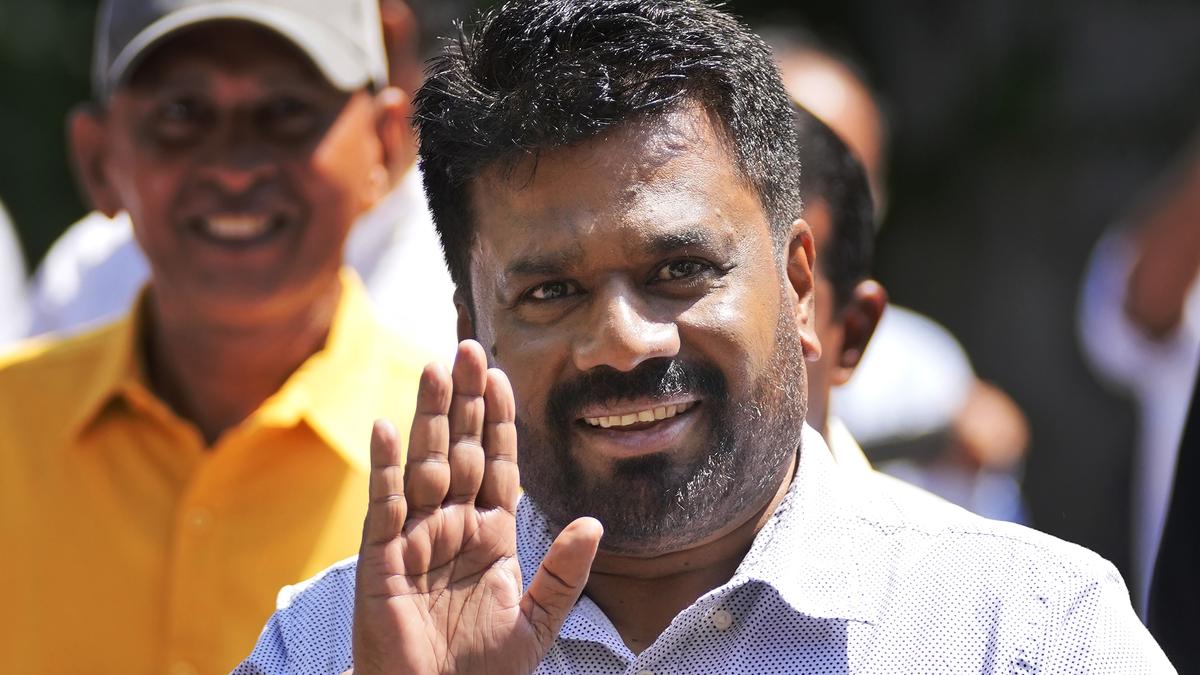
The election comes in the wake of a severe economic crisis that left Sri Lanka unable to import essential goods like fuel and medicine in 2022, prompting mass protests and the resignation of then-President Gotabaya Rajapaksa. Dissanayake campaigned as a candidate of change, pledging to dissolve parliament within 45 days and seek a fresh mandate in general elections to implement his policies.
“The election result clearly shows the uprising of 2022 is not over,” said Pradeep Peiris, a political scientist at the University of Colombo. “People have voted in line with aspirations for different political practices and institutions. AKD [as Dissanayake is popularly known] reflects these aspirations, and people have rallied around him.”
Dissanayake’s manifesto, which includes slashing taxes, has concerned some investors, as it could affect the IMF’s fiscal targets and a planned $25 billion debt restructuring. However, he assured voters during his campaign that all changes would be made in consultation with the IMF and that Sri Lanka would remain committed to repaying its debt.
Sri Lanka’s economy has shown signs of recovery, with growth expected this year after three years of contraction, and inflation falling from a peak of 70% to just 0.5%. Despite this, millions of Sri Lankans remain in poverty, and the high cost of living remains a critical issue for many voters. Dissanayake, representing the National People’s Power alliance and his Janatha Vimukthi Peremuna (JVP) party, ran on promises of anti-corruption reforms and increased support for the poor, further boosting his appeal.
His new government must ensure that Sri Lanka stays on track with the IMF program until 2027, to stabilize the economy, attract investors, repay its debts, and lift millions of citizens out of poverty.
“Bad management has been the root cause of this country’s downfall. We strongly believe that if we have a good manager to lead, we can be successful in the future,” said Janak Dias, a 55-year-old real estate businessman.


